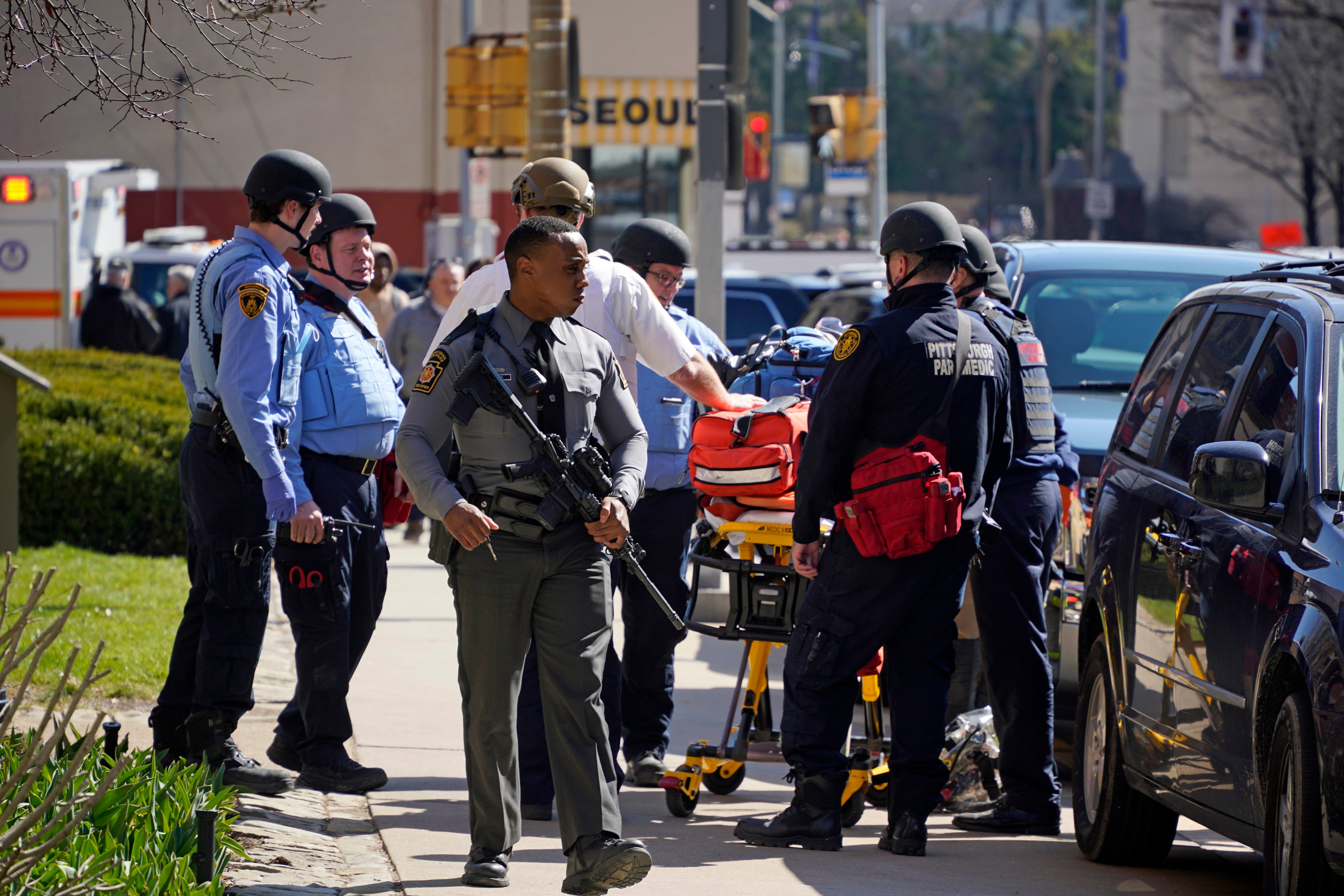Washington man charged in 20-plus 'swatting' calls around US
U.S. authorities say they arrested a Washington state man who made more than 20 “swatting” calls around the country and in Canada, prompting real emergency responses to his fake reports of bombs, shootings or other threats

Your support helps us to tell the story
From reproductive rights to climate change to Big Tech, The Independent is on the ground when the story is developing. Whether it's investigating the financials of Elon Musk's pro-Trump PAC or producing our latest documentary, 'The A Word', which shines a light on the American women fighting for reproductive rights, we know how important it is to parse out the facts from the messaging.
At such a critical moment in US history, we need reporters on the ground. Your donation allows us to keep sending journalists to speak to both sides of the story.
The Independent is trusted by Americans across the entire political spectrum. And unlike many other quality news outlets, we choose not to lock Americans out of our reporting and analysis with paywalls. We believe quality journalism should be available to everyone, paid for by those who can afford it.
Your support makes all the difference.U.S. authorities on Thursday said they arrested a Washington state man who made more than 20 “swatting” calls around the country and in Canada, prompting real emergency responses to his fake reports of bombs, shootings or other threats.
Ashton Connor Garcia, 20, of Bremerton, used voice-over-internet technology to conceal his identity as he placed the calls last year — and he treated them as entertainment, broadcasting them on the social media platform Discord, federal prosecutors said.
He faces 10 felony counts filed in U.S. District Court in Tacoma, Washington, that could bring up to a decade in prison. Court records did not immediately indicate if Garcia had an attorney who might speak on his behalf.
“Every time Mr. Garcia is alleged to have made one of his false reports to law enforcement, he triggered a potentially deadly event — sending heavily armed police officers to an address where they mistakenly believed they would confront someone who was armed and dangerous,” Seattle U.S. Attorney Nick Brown said in a news release. “Fortunately, no one was hurt, but the unpredictable and terrifying dynamic these calls created for Mr. Garcia’s alleged victims cannot be overstated."
Garcia's arrest came as a spate of threats and false reports of shooters have been pouring into schools and colleges across the country, unnerving officials, parents and students who are already on edge about actual school shootings — including at a private Christian school in Nashville, Tennessee, this week.
Computer-generated calls on Wednesday made hoax claims about active shooters in Pennsylvania, and a day earlier, nearly 30 Massachusetts schools received fake threats.
Garcia is not accused of having sent SWAT teams to schools. Instead, prosecutors say, in several cases he collected personal information about his victims and threatened to send emergency responses to their homes unless they turned over money, credit card information or sexually explicit images.
Law enforcement entered some of the homes with guns drawn and detained people inside, authorities said.
In other cases, he called in fake bomb scares for the Fox News station in Cleveland, Ohio, on July 28 and for a flight from Honolulu to Los Angeles on Aug. 23. In another instance, he is accused of threating to bomb an airport in Los Angeles unless he received $200,000 in Bitcoin.
The indictment does not indicate how investigators identified Garcia as a suspect.
Garcia placed the calls to agencies in California, Georgia, Illinois, Kentucky, Michigan, Minnesota, New Jersey, Oho, Pennsylvania, Tennessee, Washington and Edmonton, in Alberta, Canada, the indictment said.
Authorities have warned that such hoaxes can prove deadly. In 2017, a police officer in Wichita, Kansas, shot and killed a man while responding to a hoax emergency call. This month, the city agreed to pay $5 million to settle a lawsuit, with the money to go to the two children of 28-year-old Andrew Finch.